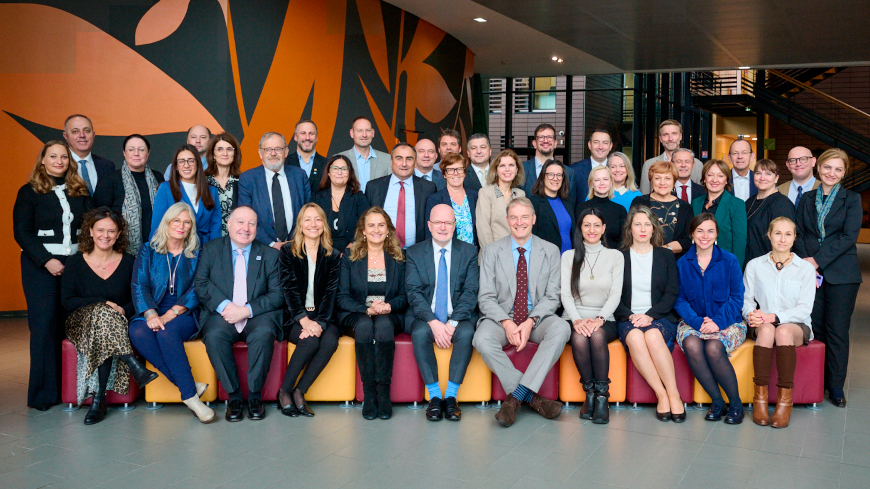Prison overcrowding and its nefarious consequences, which include violence, lack of activities and poor living conditions, remain a real problem in more and more countries. The legacy of informal prisoner hierarchies has not yet been overcome in the prison systems of countries of the former Soviet Union. Mental health, substance use, and solitary confinement are all challenges with which prisons throughout Europe continue to grapple. Police ill-treatment, particularly of foreign nationals, still exists and combatting it requires ensuring that police personnel are properly trained, equipped and managed, and that there are effective oversight mechanisms, including the investigation and prosecution of cases of ill-treatment. The treatment of patients held in psychiatric hospitals also remains a focus of the Committee, especially as regards the use of coercive measures, whether involving chemical restraint, isolation or the use of mechanical restraints. Another area to which the CPT is paying increasing attention concerns social care homes, where residents may be exposed to poor treatment and inadequate safeguards. The treatment of foreign nationals held in reception centres and immigration detention remains problematic in far too many countries, as does the treatment of children in all types of detention establishment.
In 2024, the CPT carried out 20 visits in 19 countries to address these issues. It spent more than 200 days in the field, visiting places of deprivation of liberty and privately interviewing persons detained there, meeting NGOs and national preventive mechanisms and engaging with ministers and national authorities.
High-level meetings to promote dialogue with national authorities were held in Albania, Italy, Montenegro, North Macedonia and the United Kingdom. In this context, essential meetings were held with Prime Ministers and Ministers of Justice and Home Affairs to present the CPT's findings and discuss how best to implement its recommendations.
2024 showed that there was much willingness to improve the treatment of persons deprived of their liberty. The CPT works constructively with European countries to address deficiencies identified, to share good practices found, and to ensure that all persons held in detention are treated with dignity and not exposed to torture and inhuman or degrading treatment or punishment.
Reports were also published in 2024 on visits to Albania, Armenia, Azerbaijan, Bulgaria, Cyprus, Denmark, Estonia, Germany (return flights), Georgia, Greece, Hungary, Italy, Lithuania, North Macedonia, Poland, Serbia, Ukraine, and the United Kingdom. The Committee made two public statements, on Azerbaijan and the Russian Federation, due to the lack of cooperation from the national authorities, and indicated the way forward.
Transgender persons held in detention can be in a situation of vulnerability, at increased risk of intimidation, bullying and abuse. In its new standards, the CPT recalled that states should put in place a full range of safeguards to protect against the risk of such abuse.
Looking ahead, the CPT will carry out periodic visits to Azerbaijan, Belgium, Germany, Greece, Liechtenstein, Montenegro, Romania and Spain in 2025, as announced in March 2024. Ad hoc visits will also take place to other countries as determined by the CPT’s assessment.
The annual report on its activities in 2024 will be published in April 2025.




